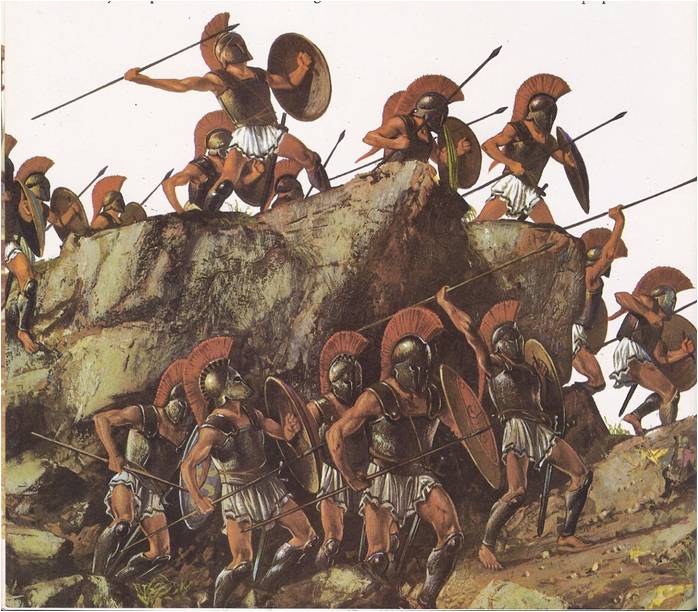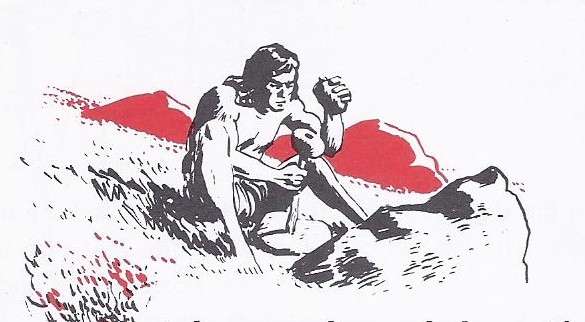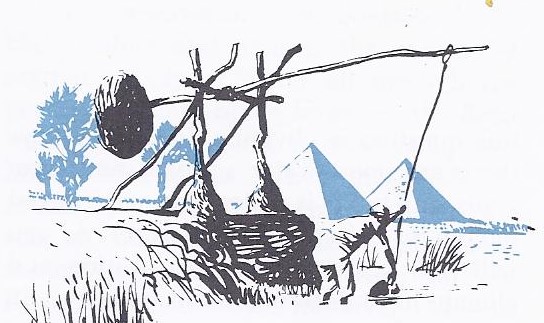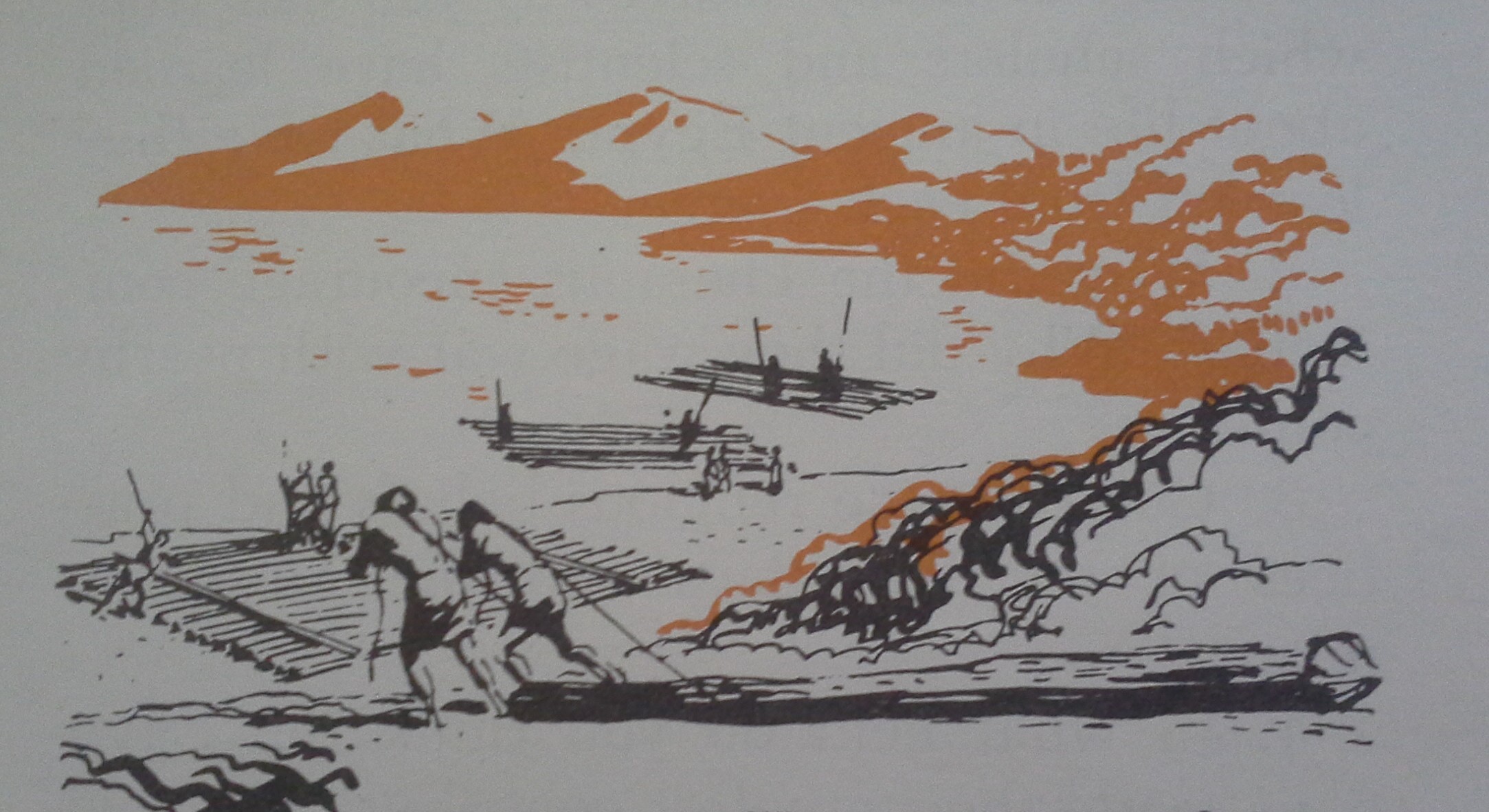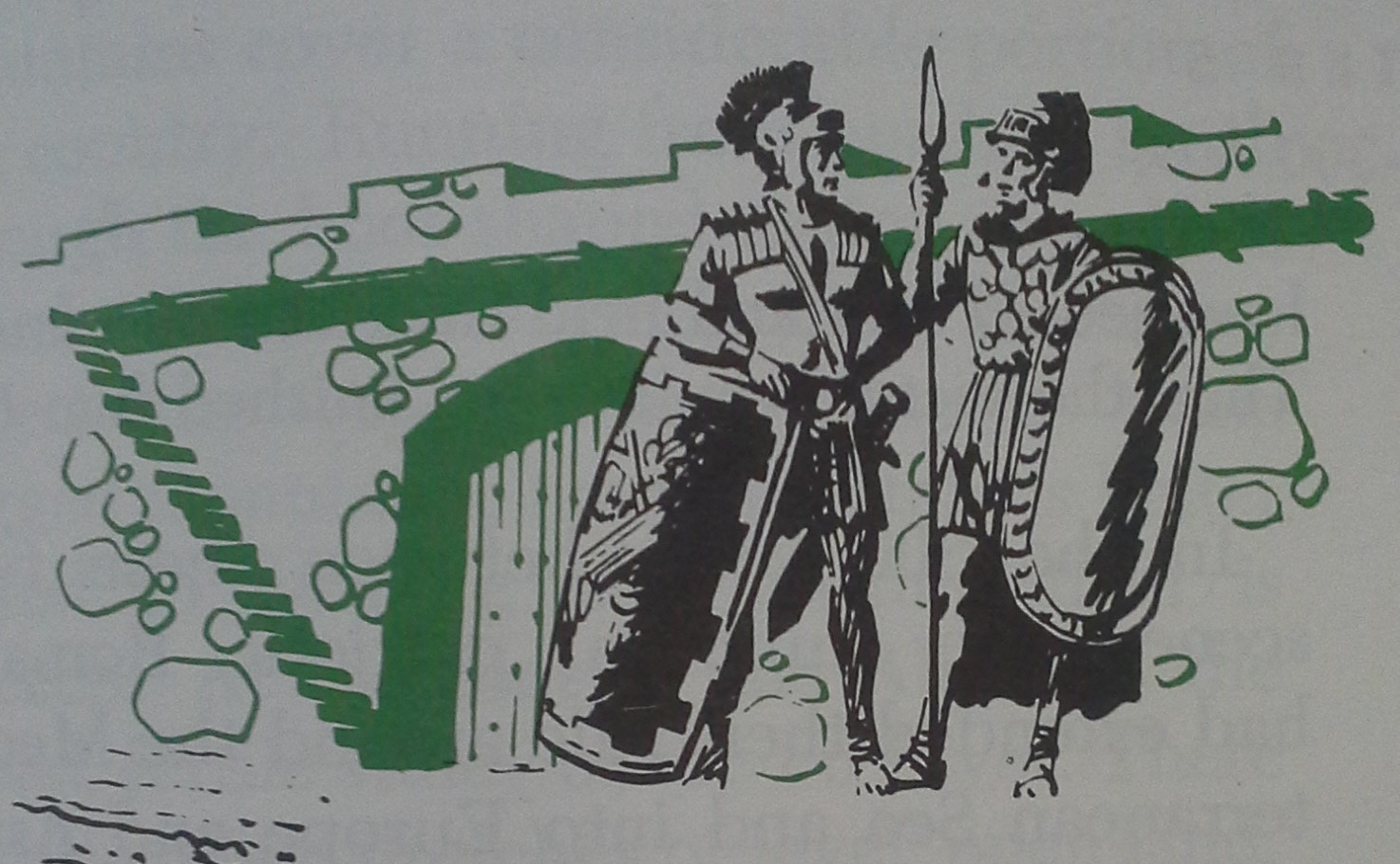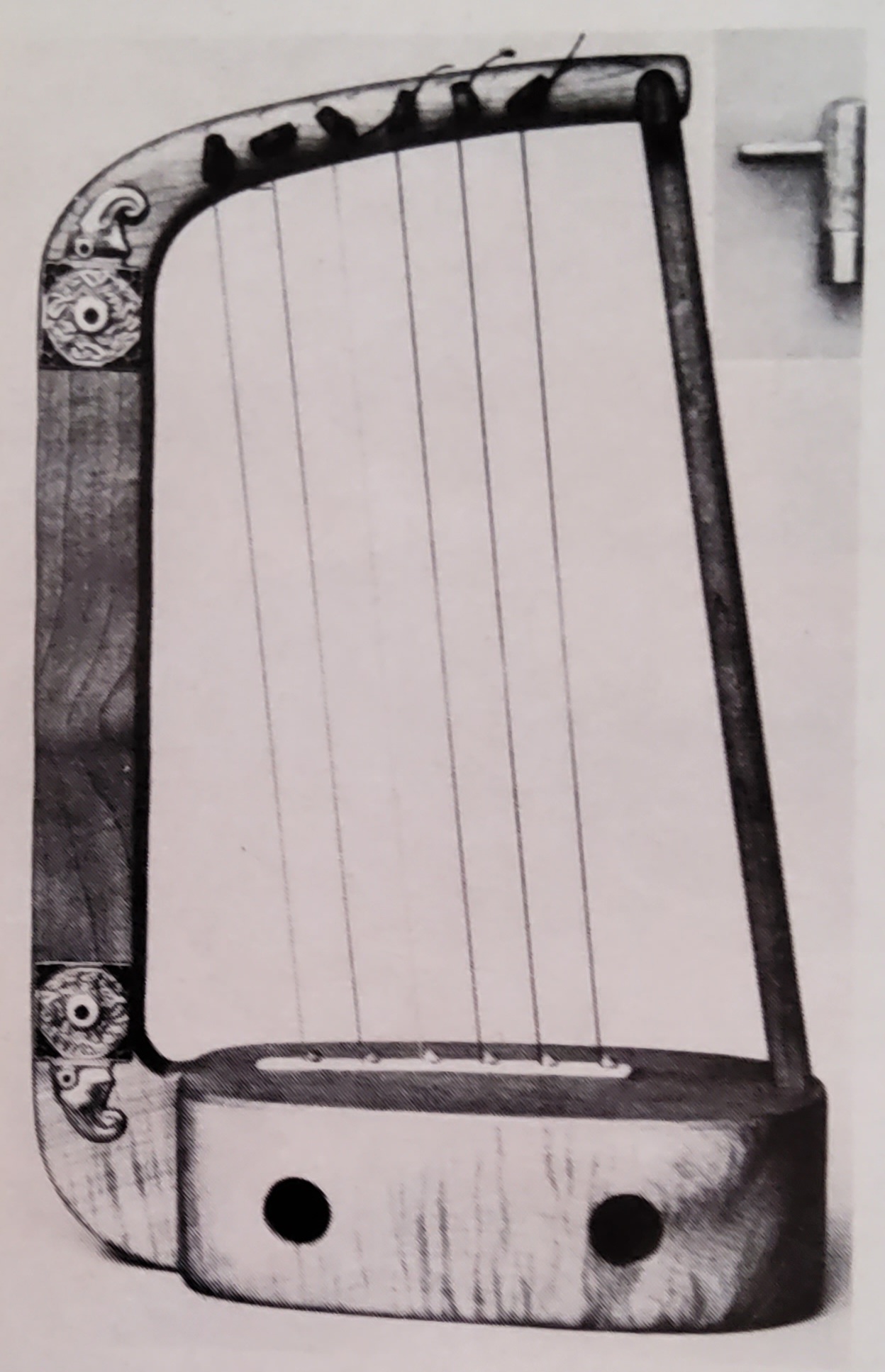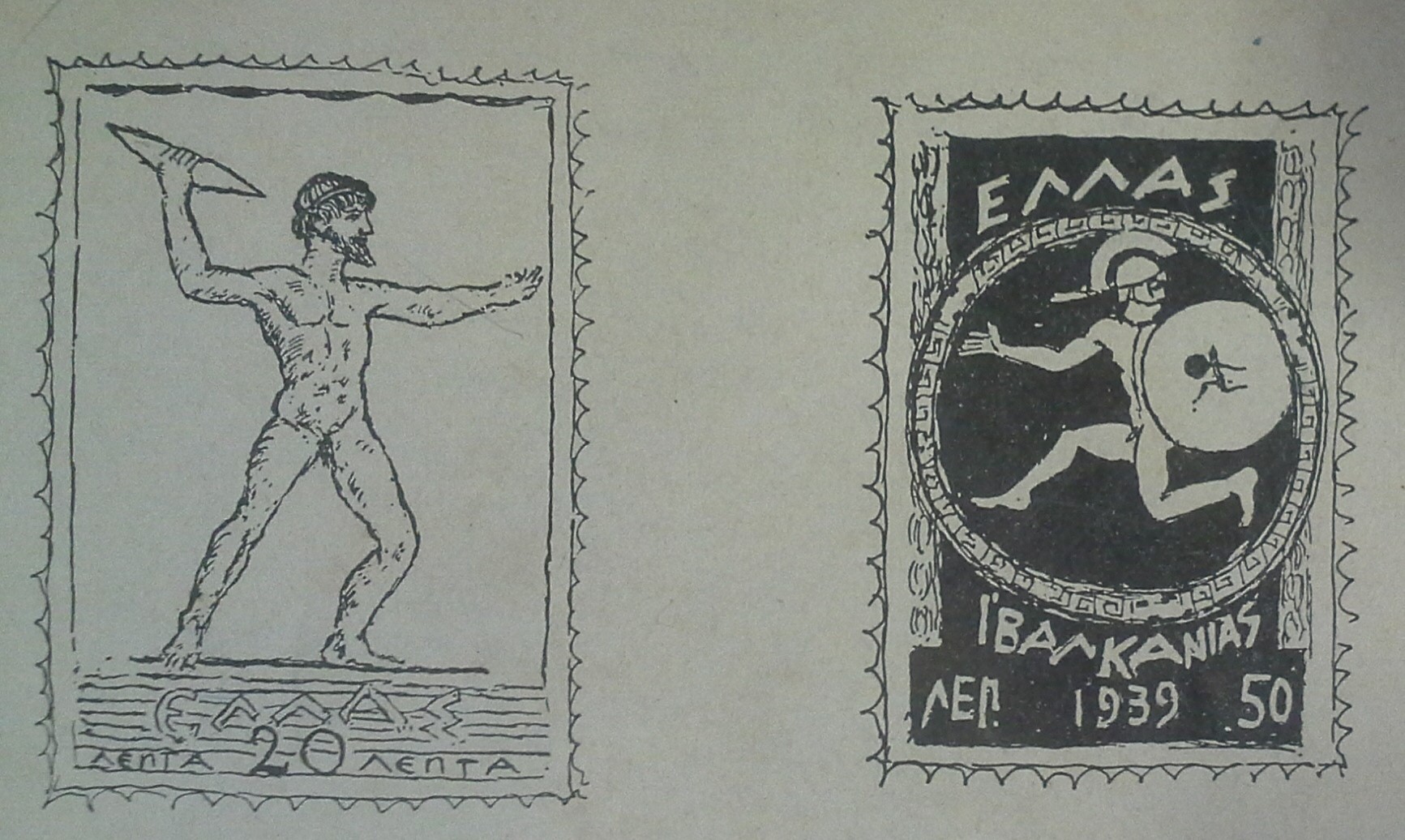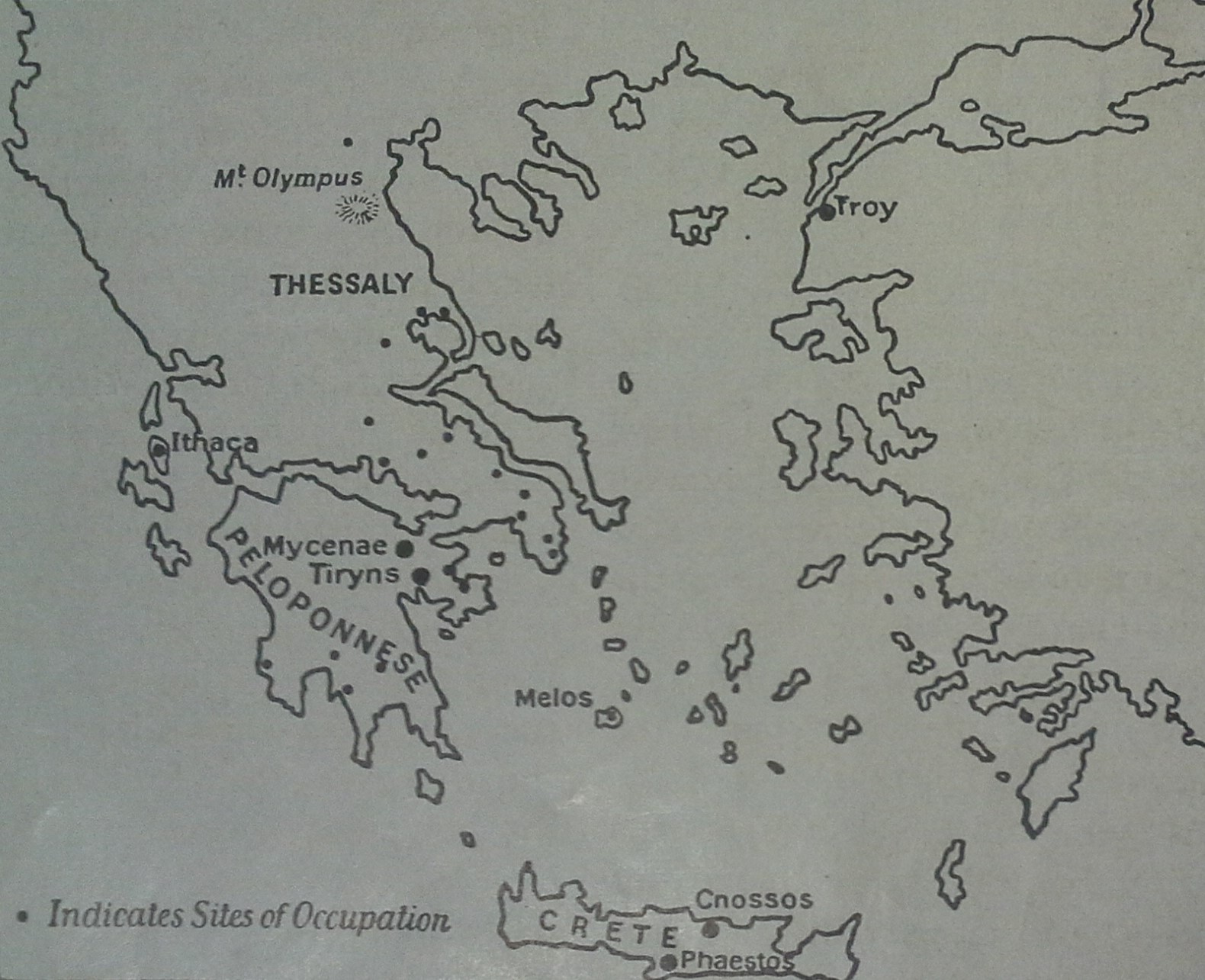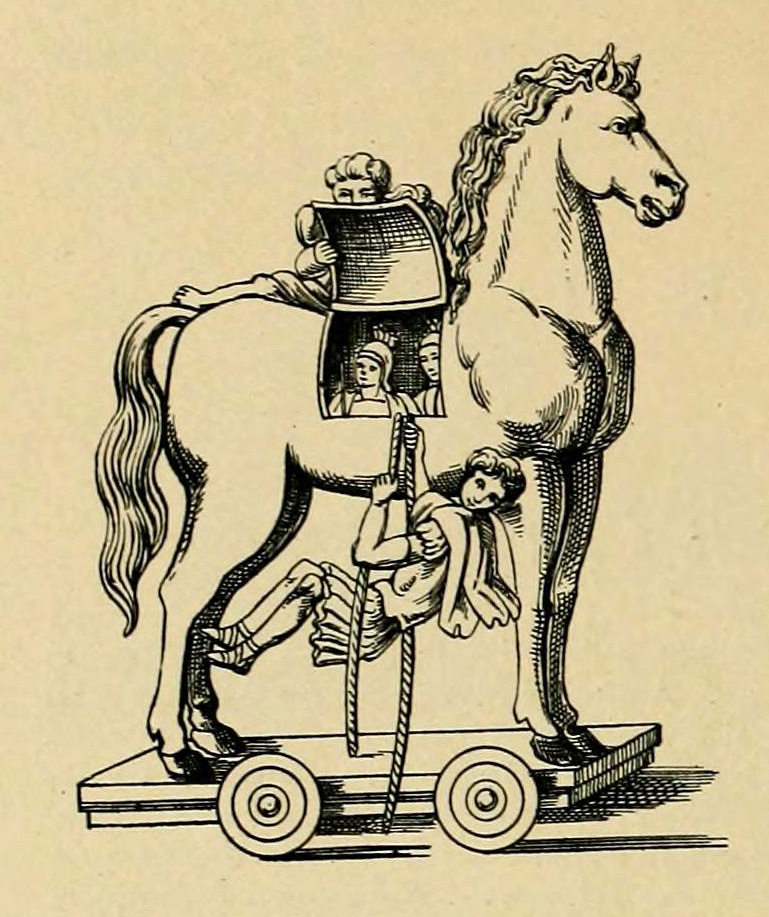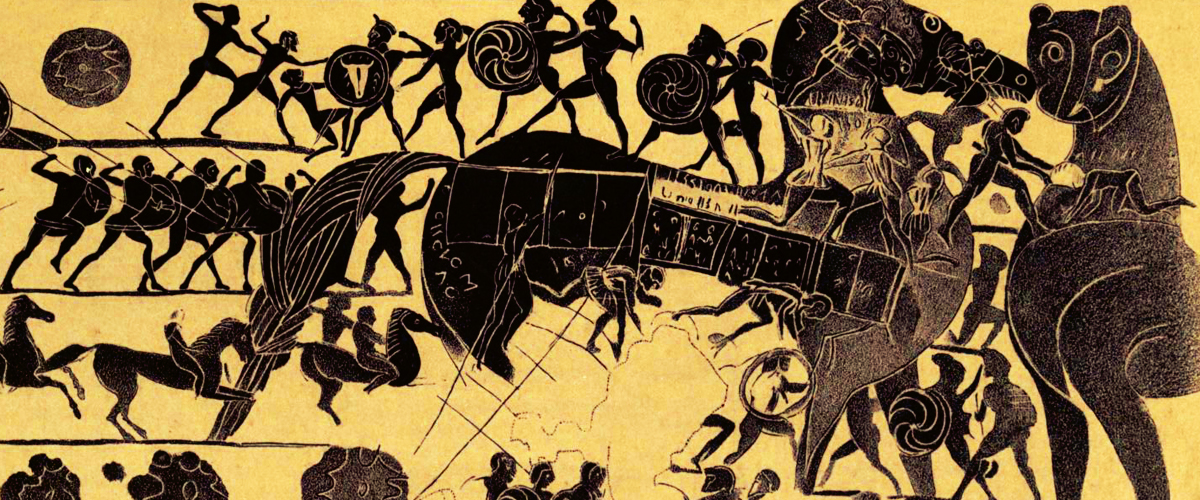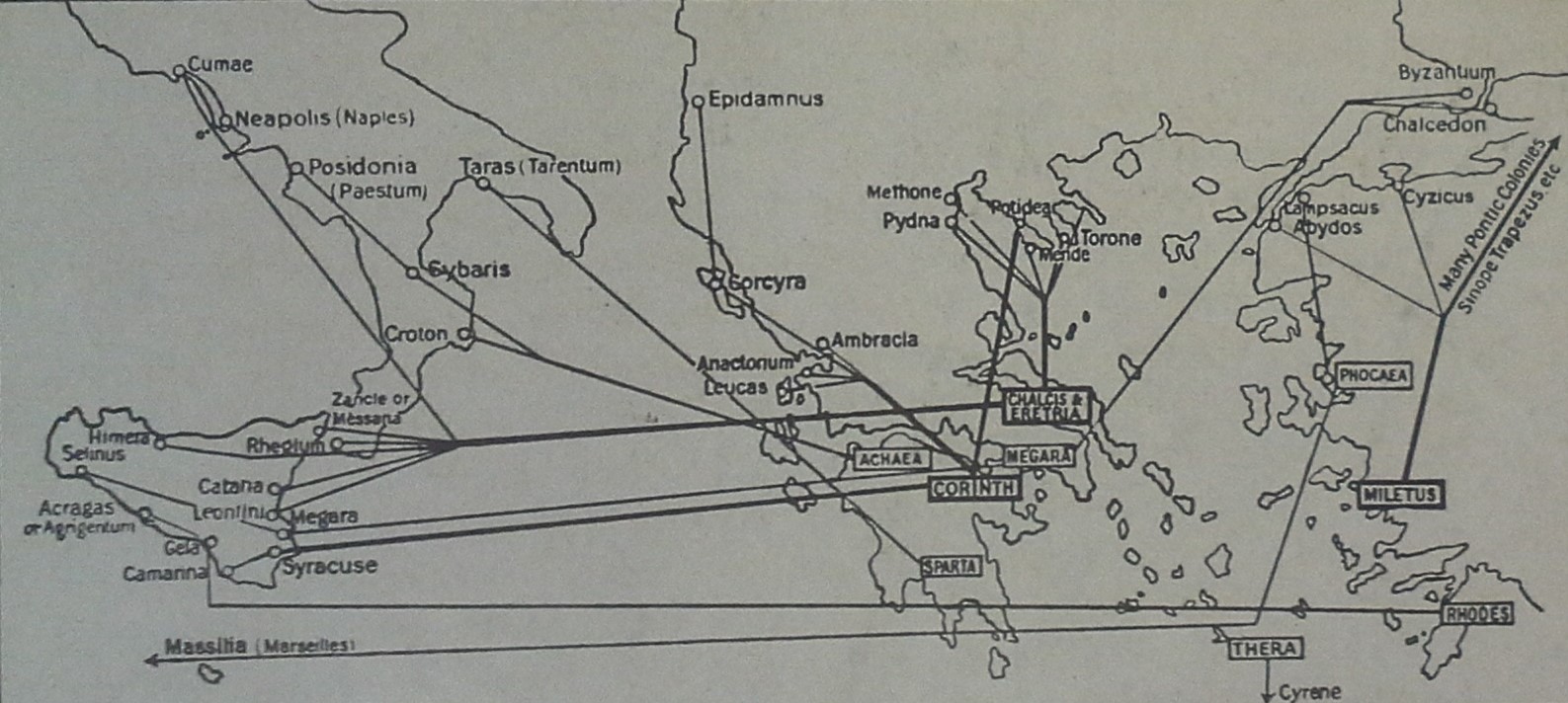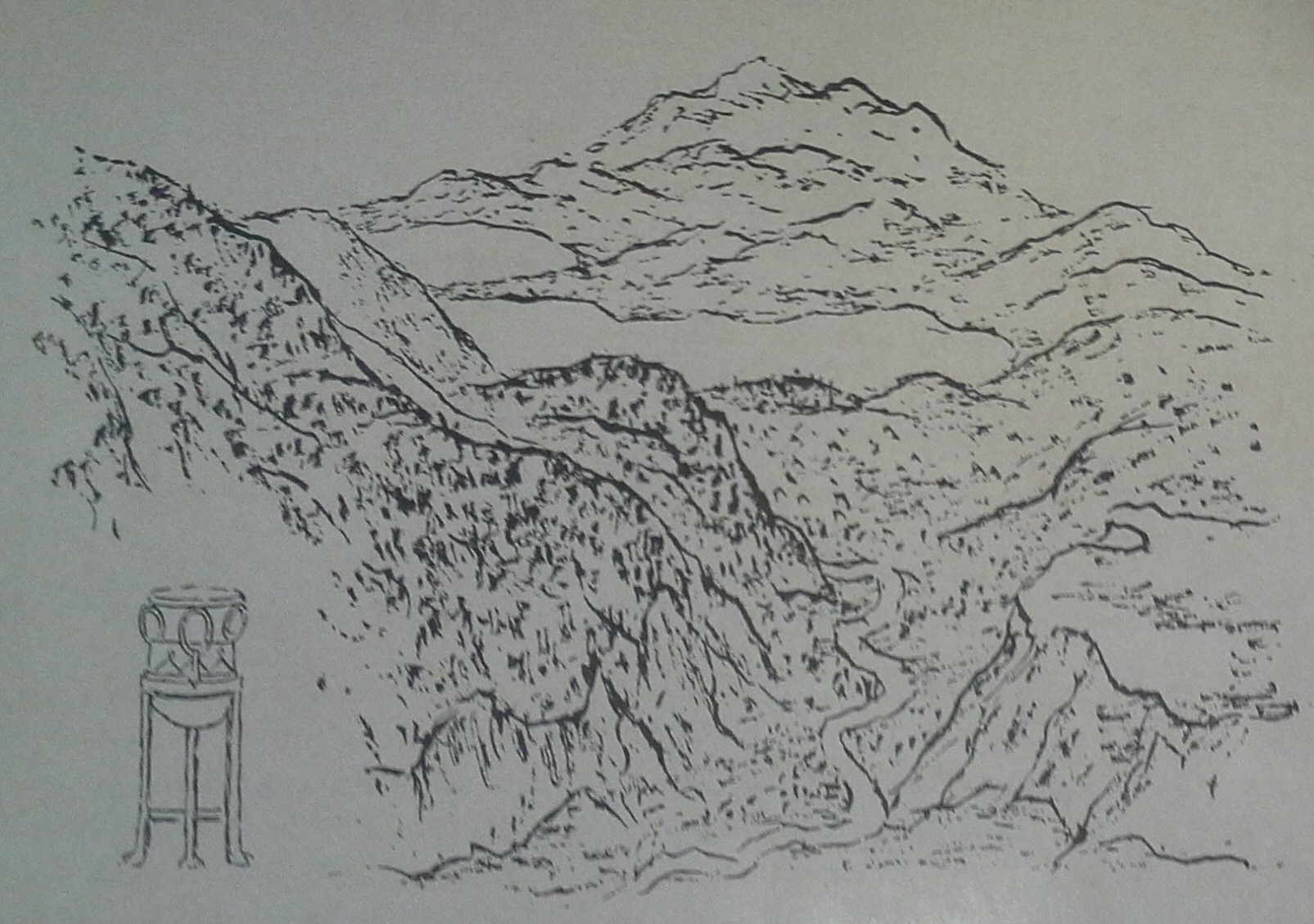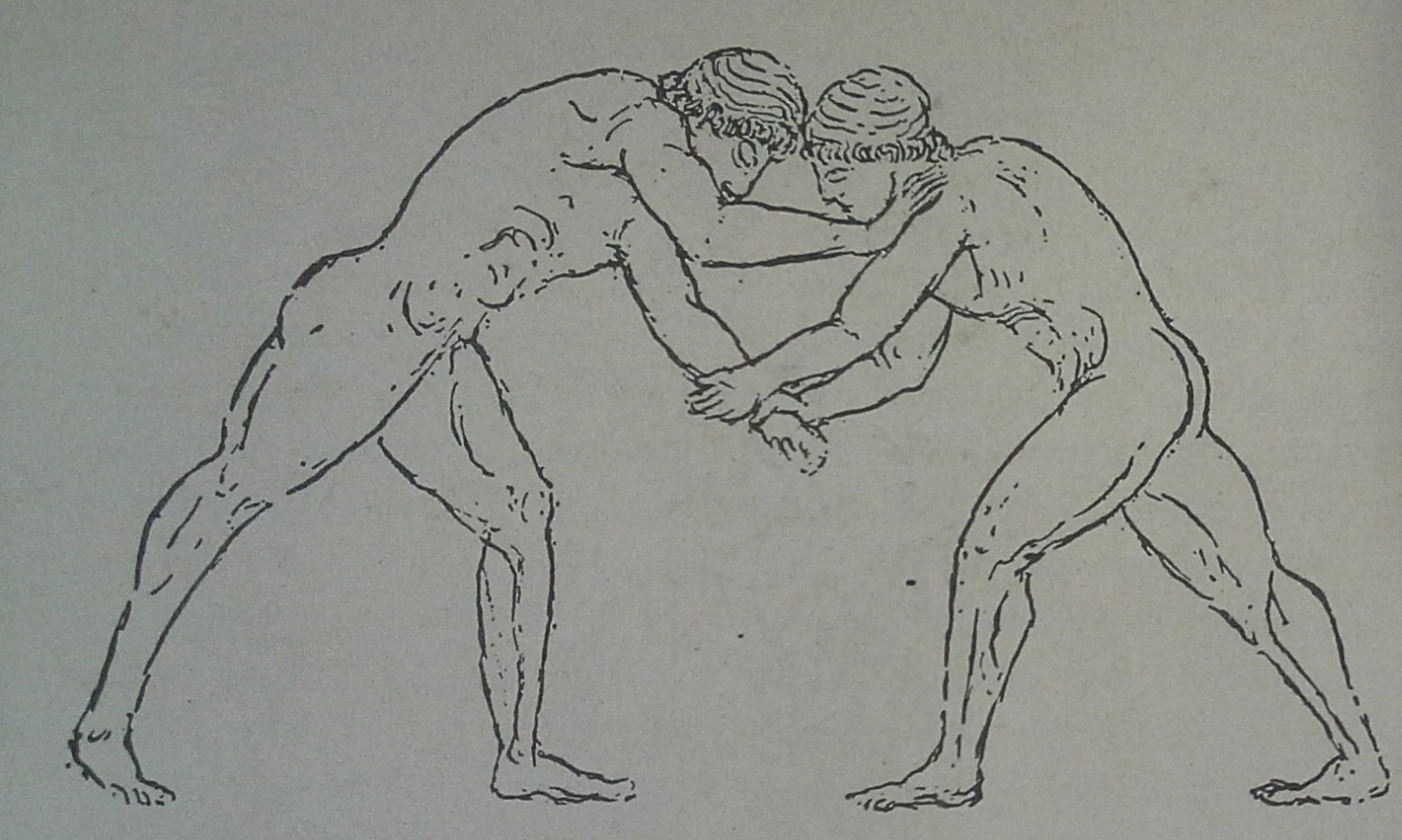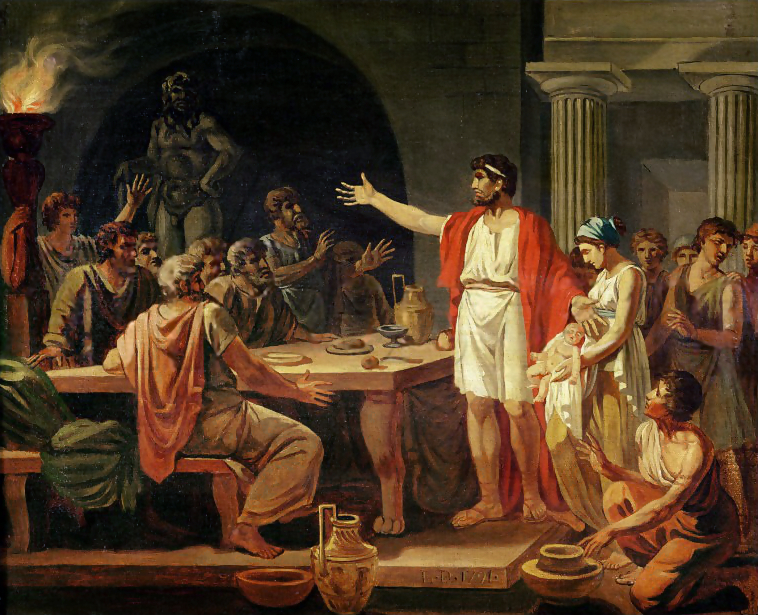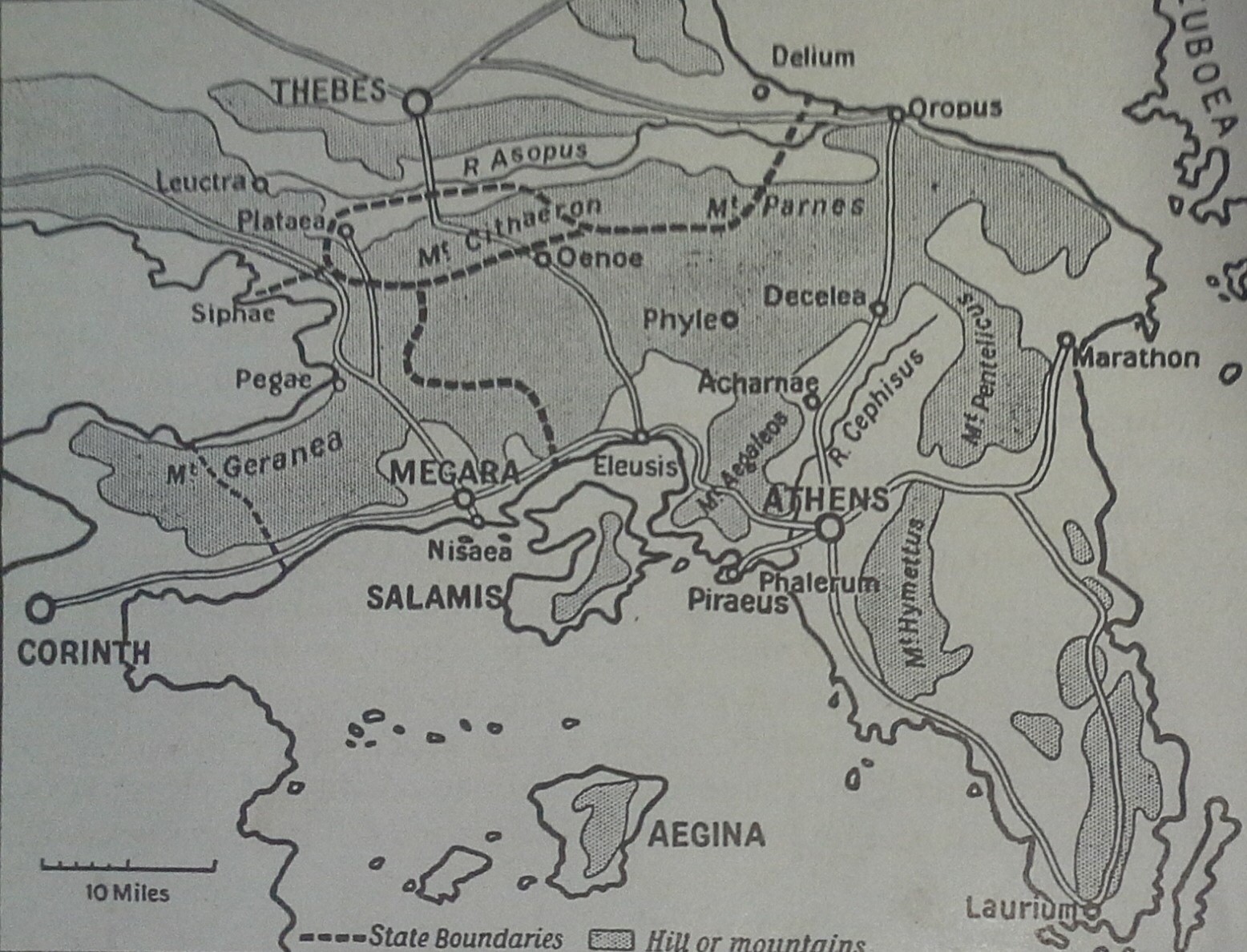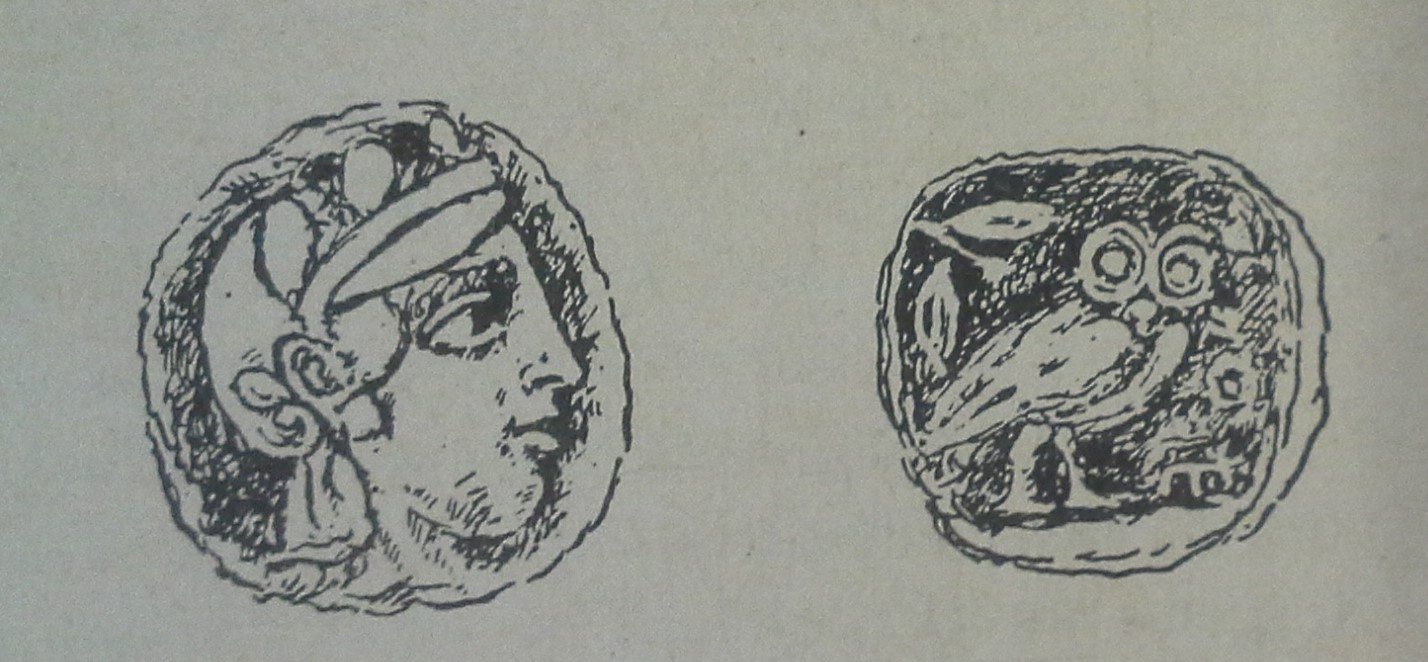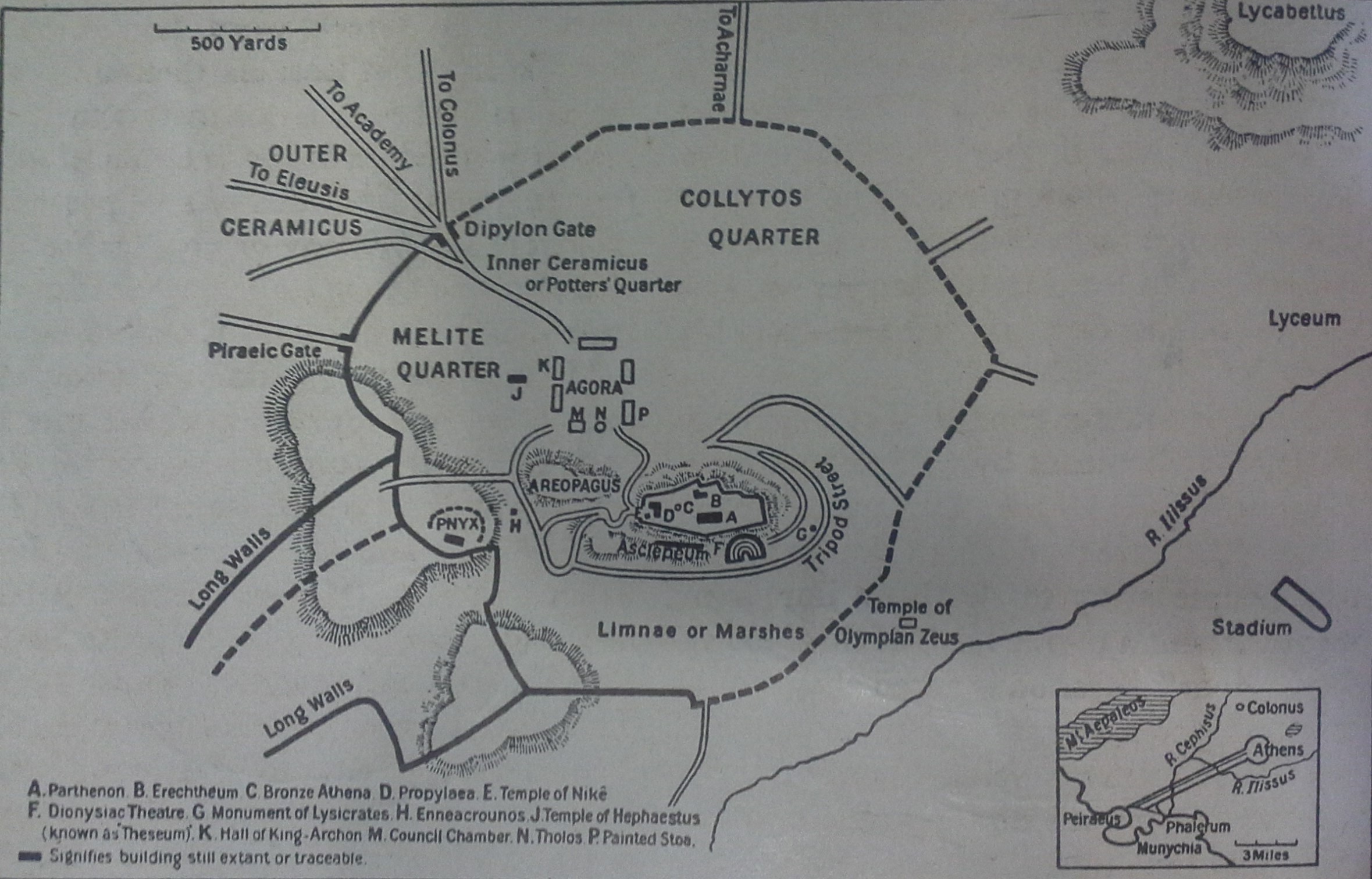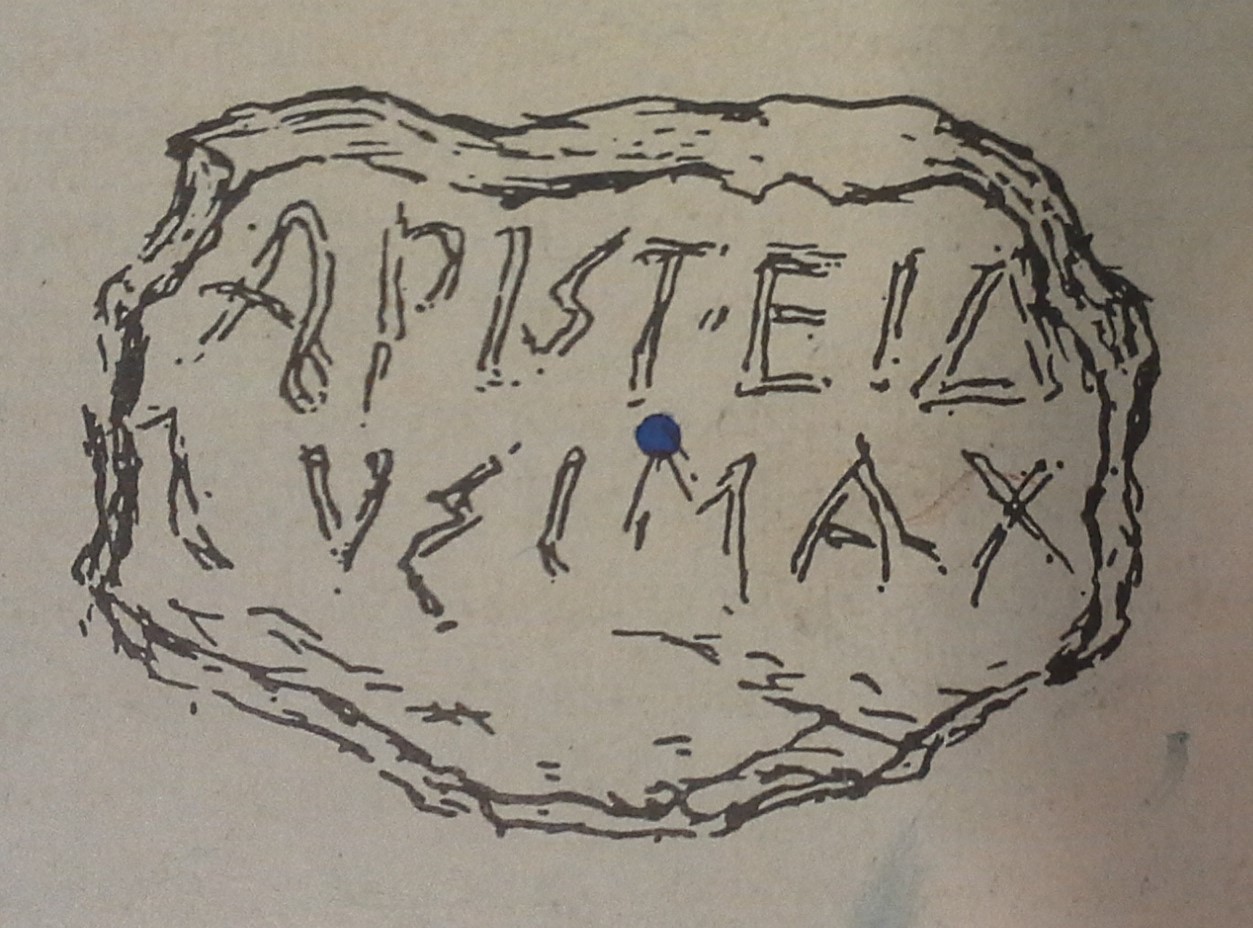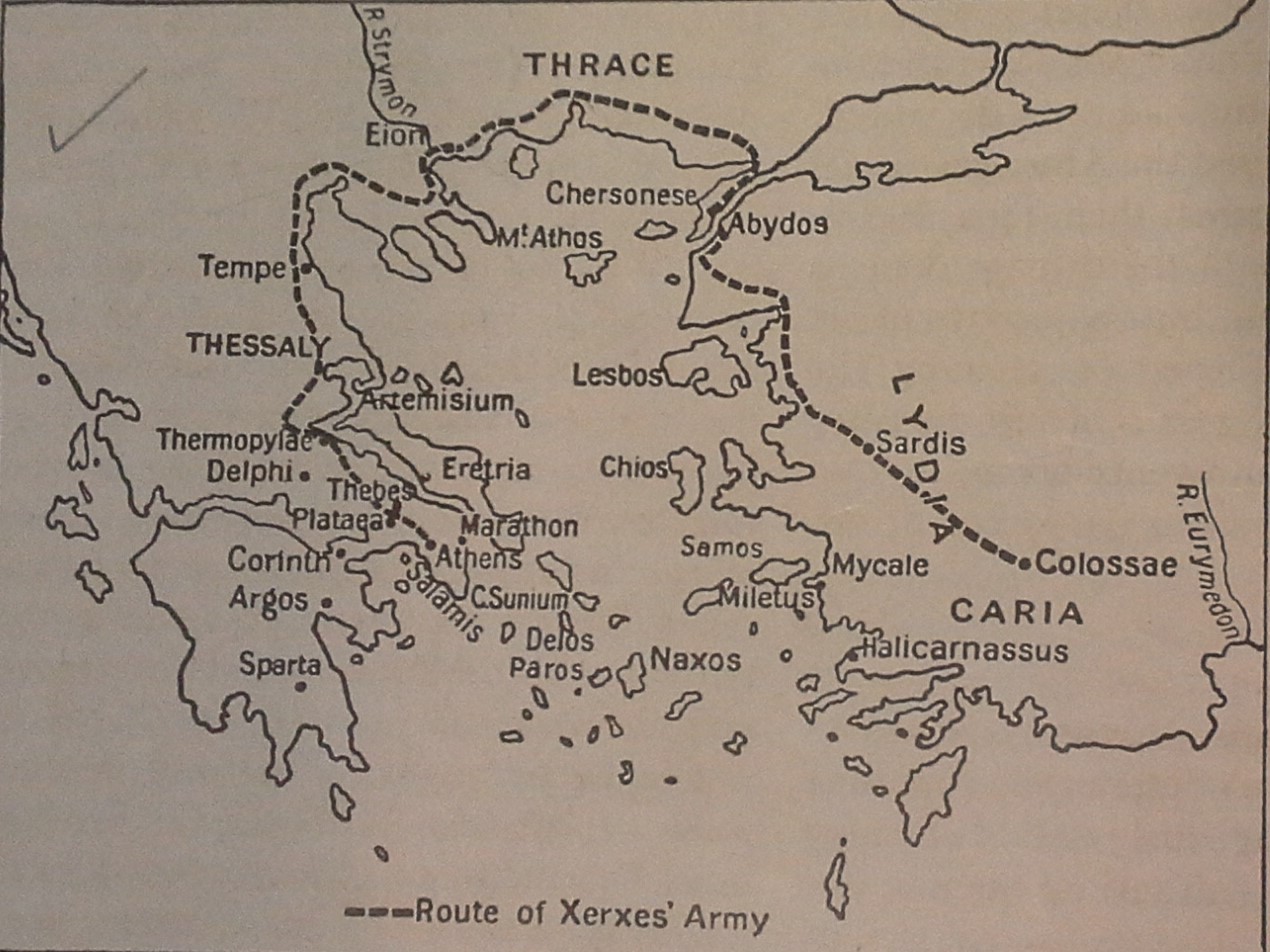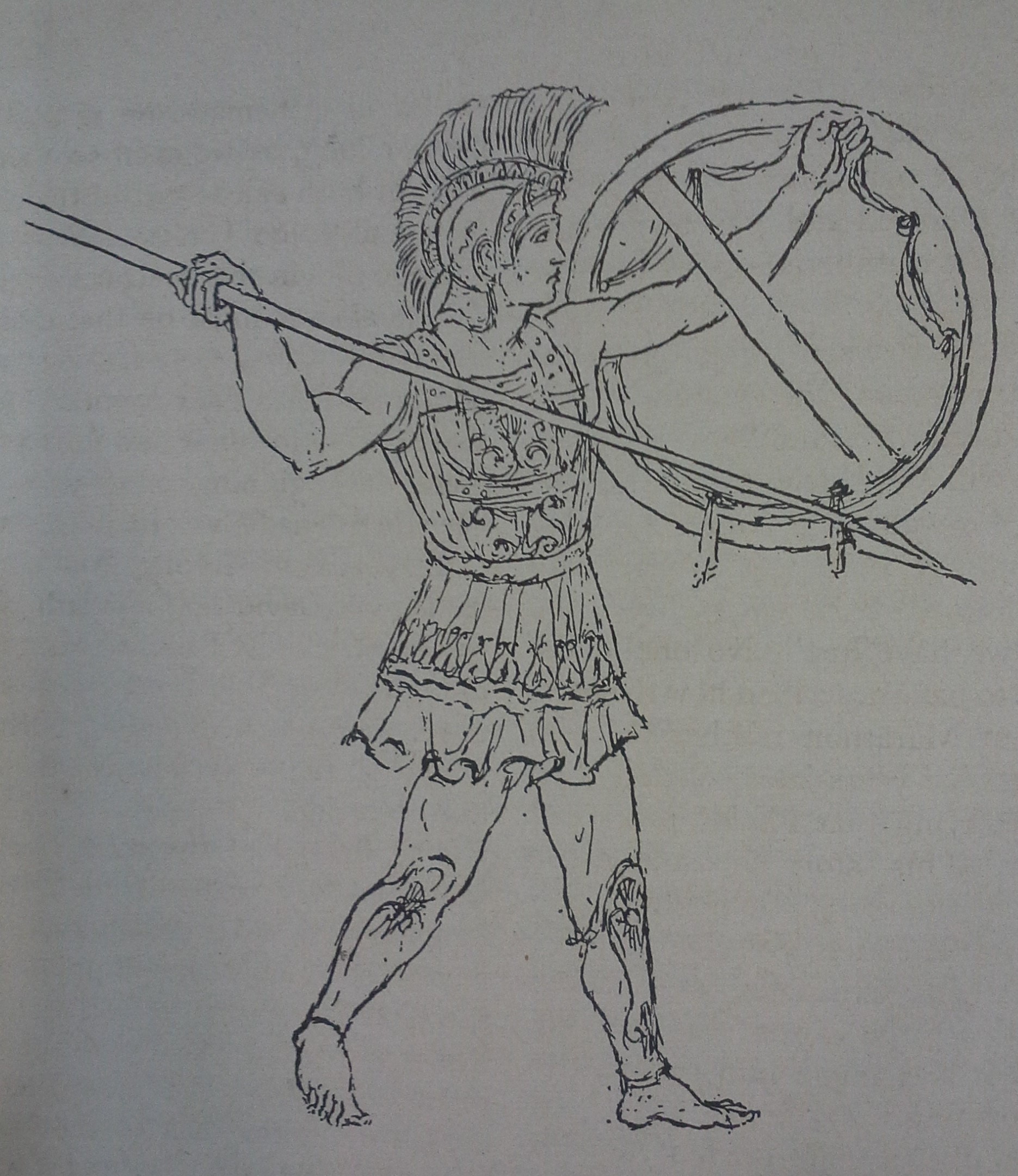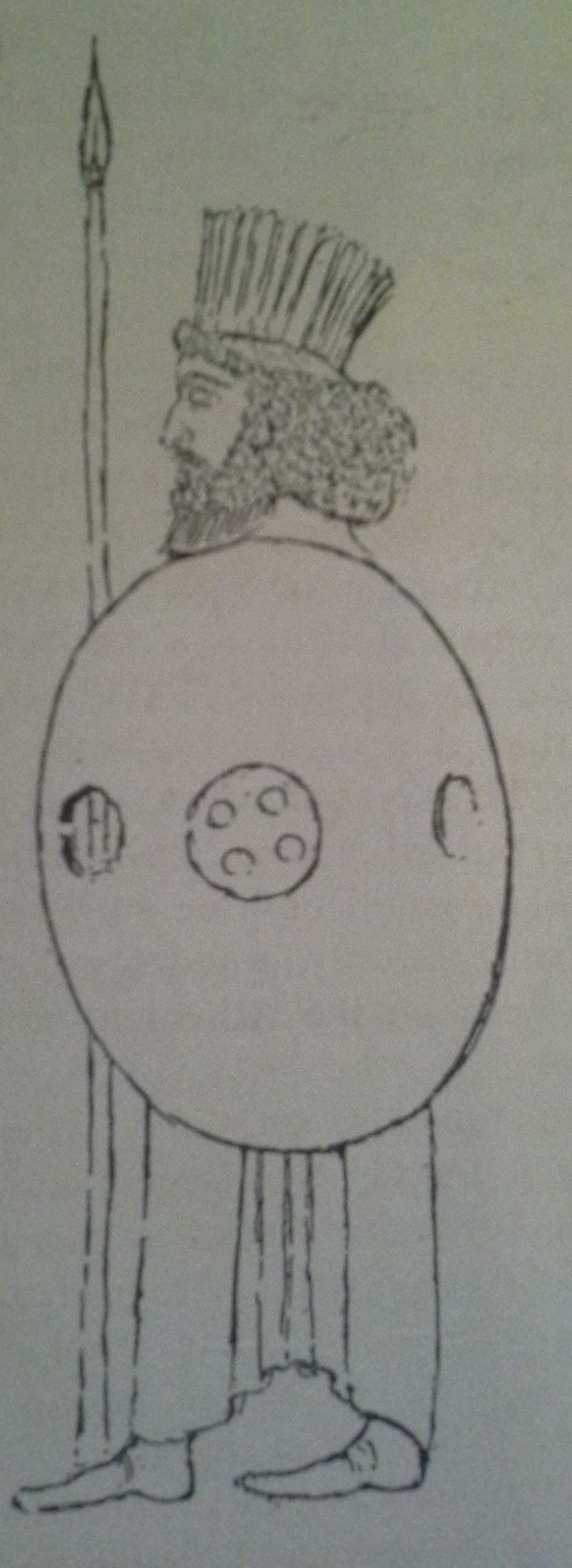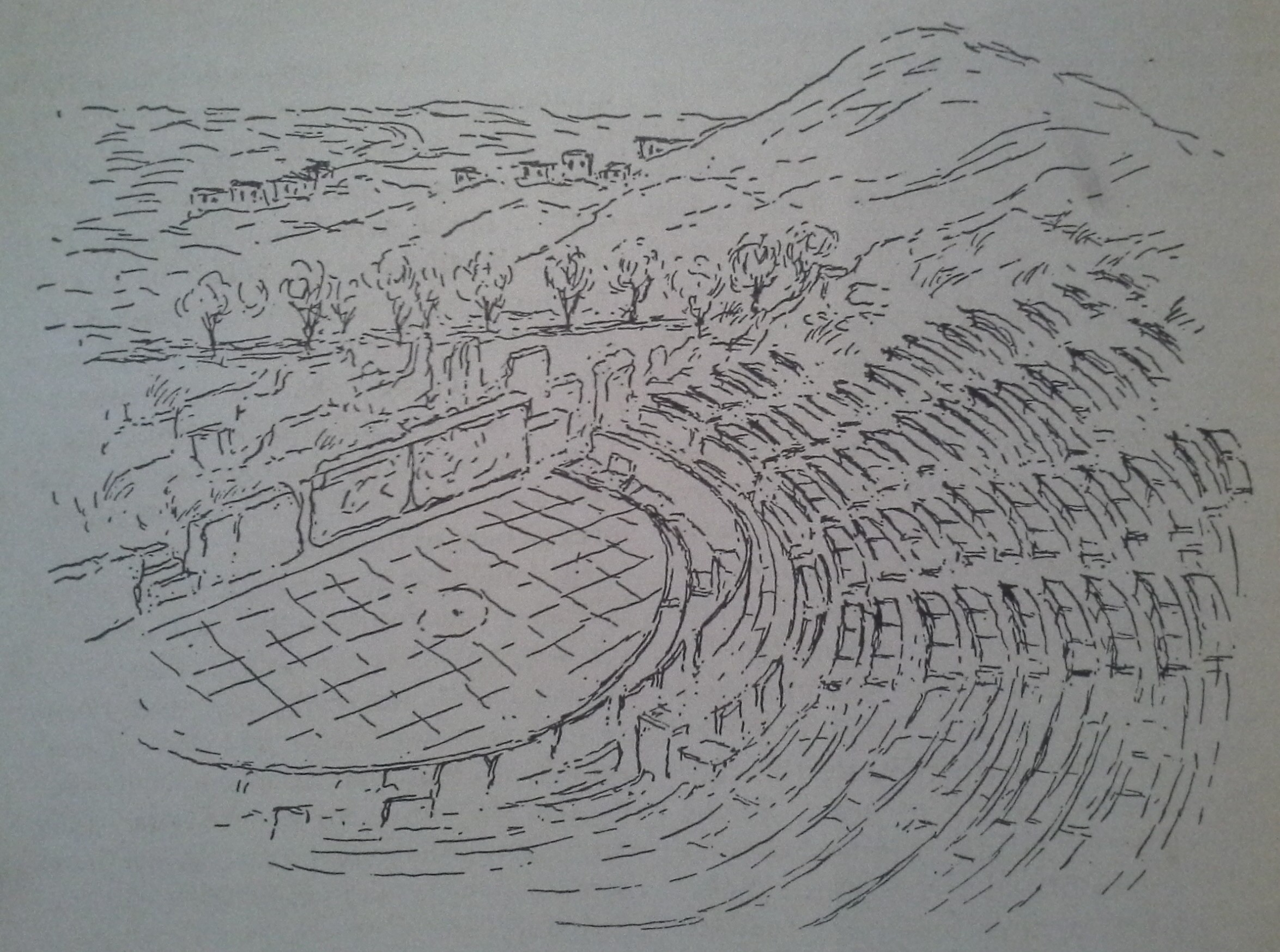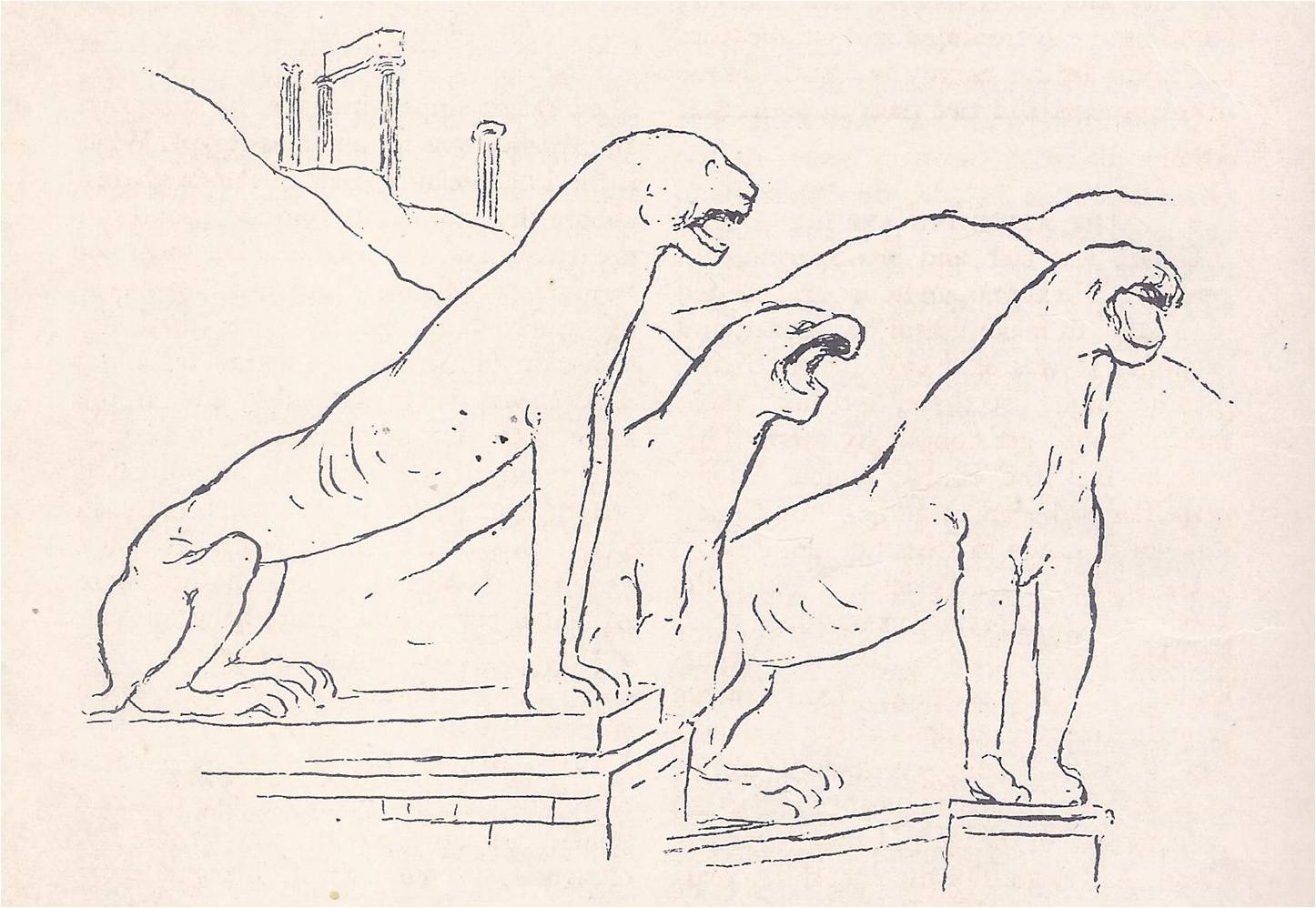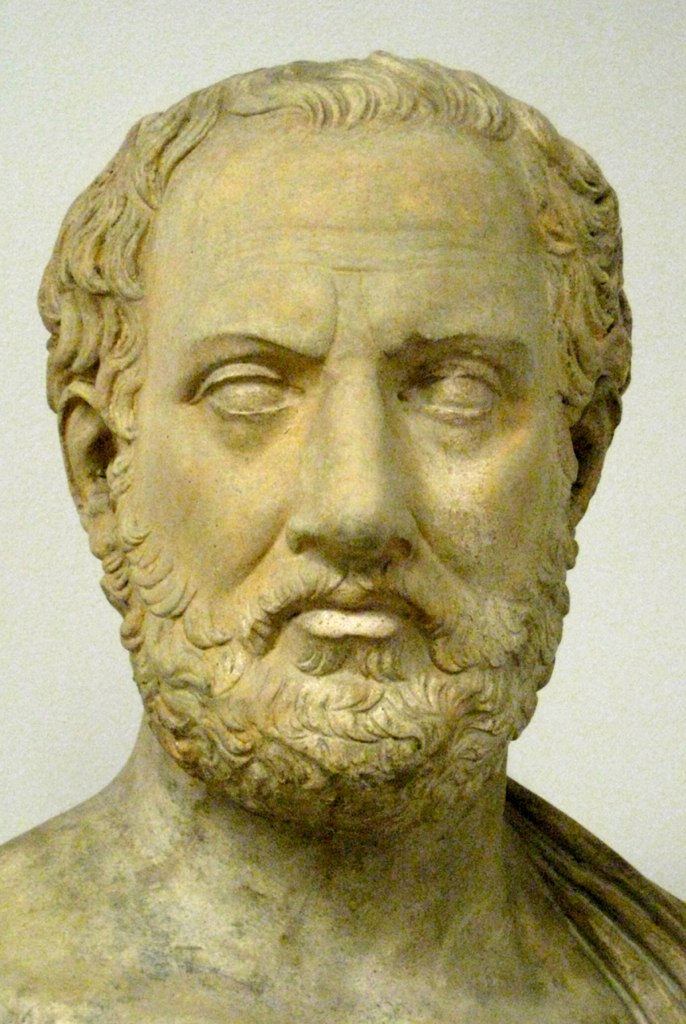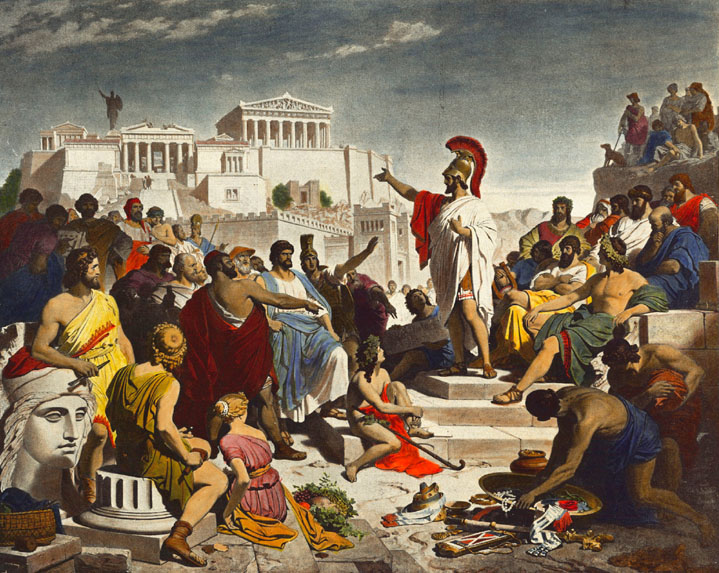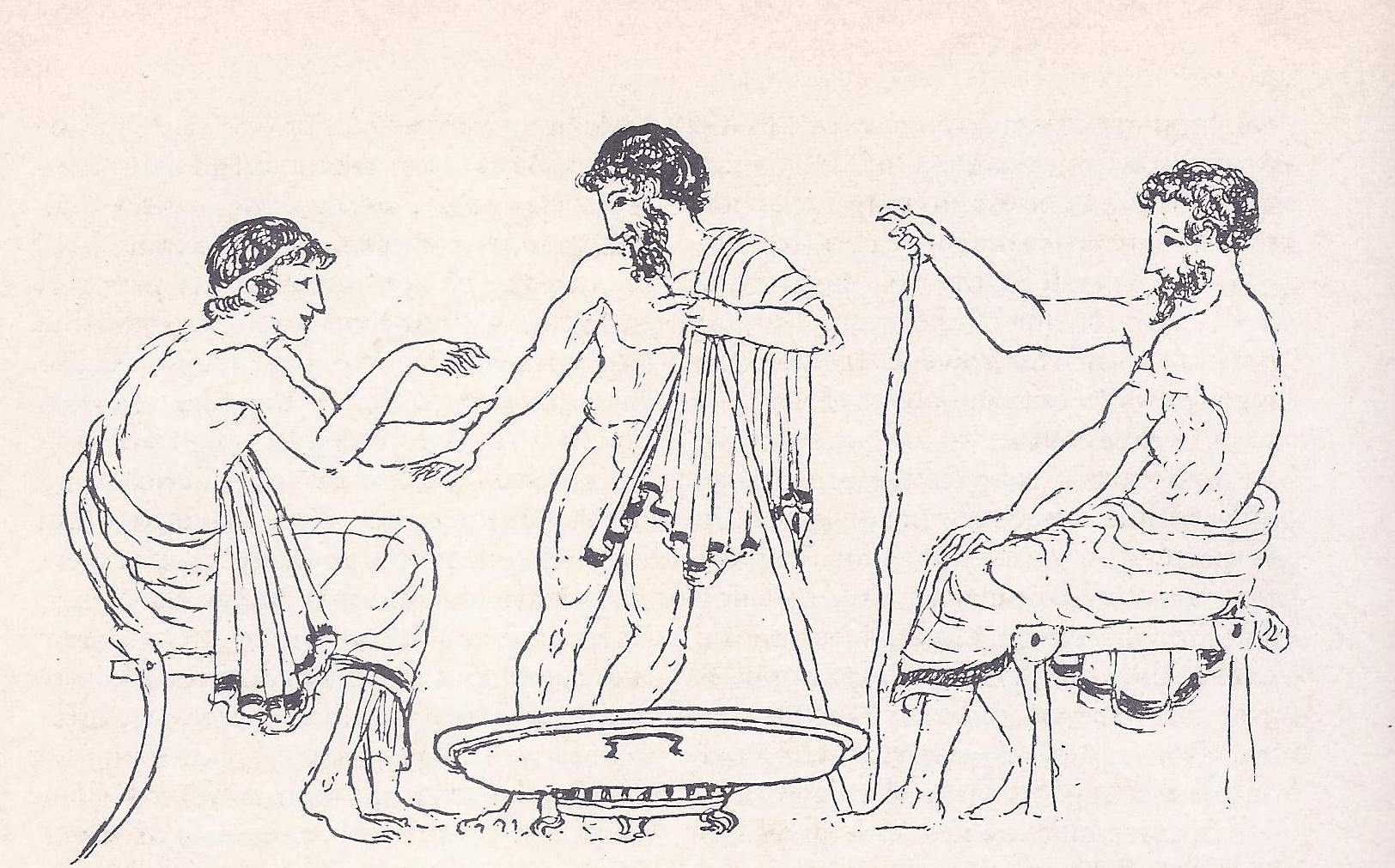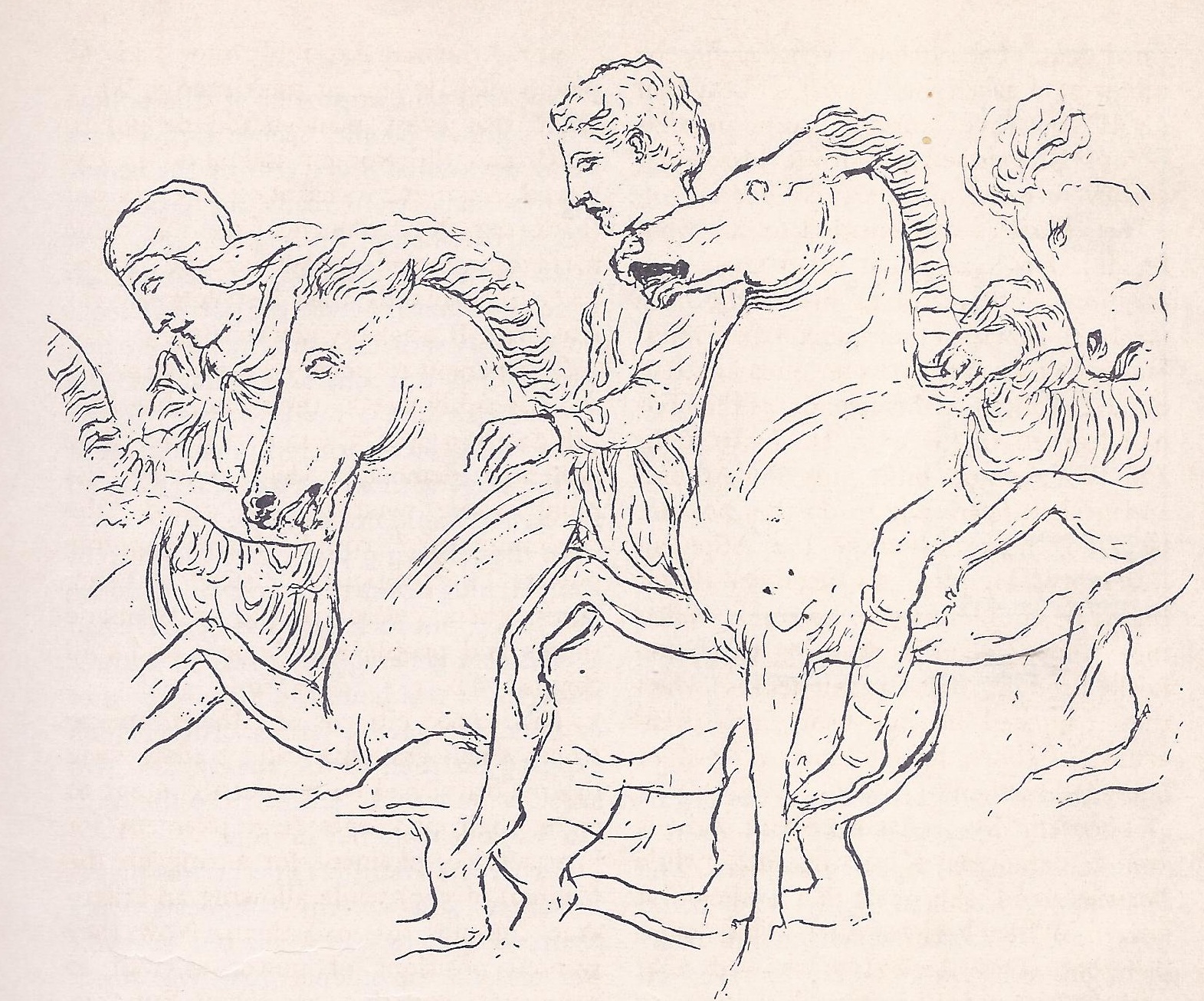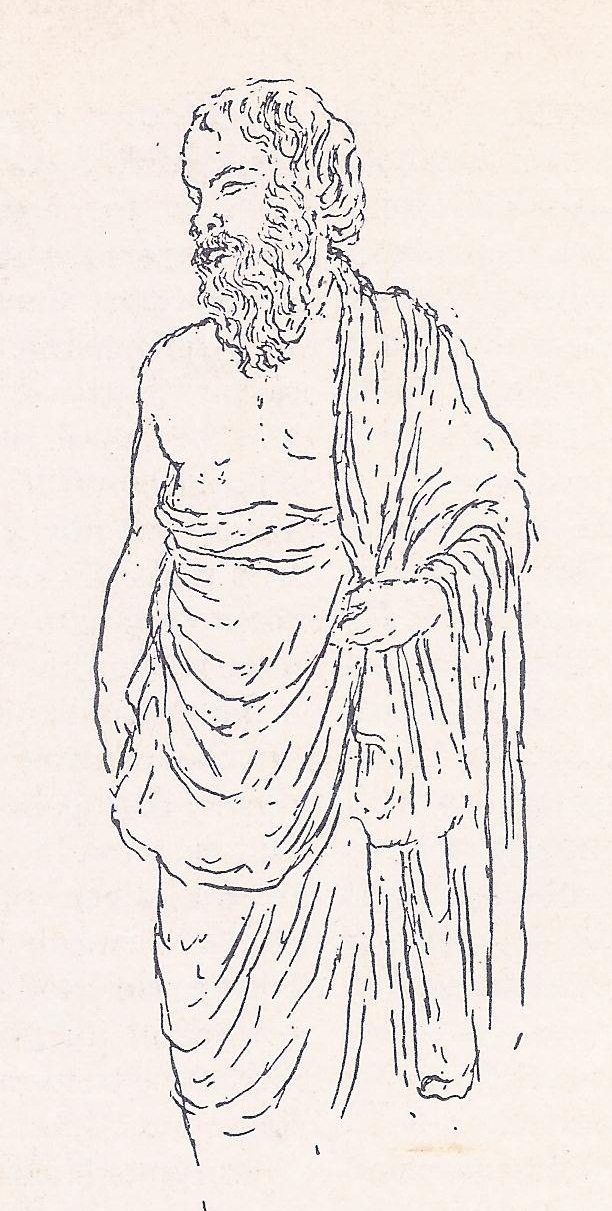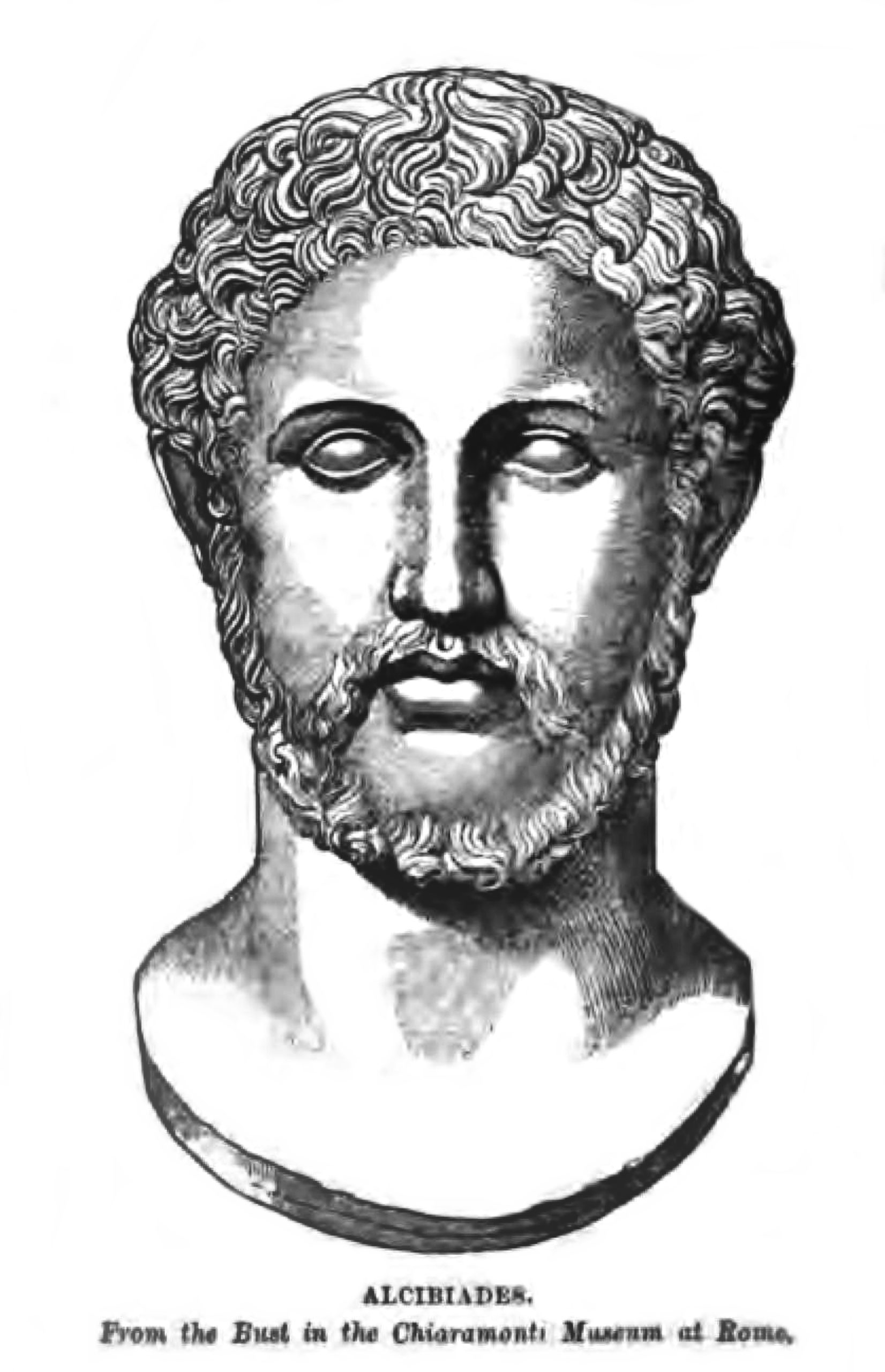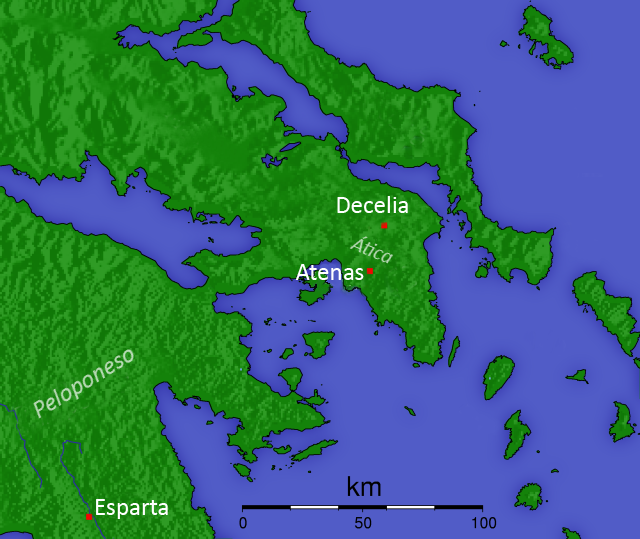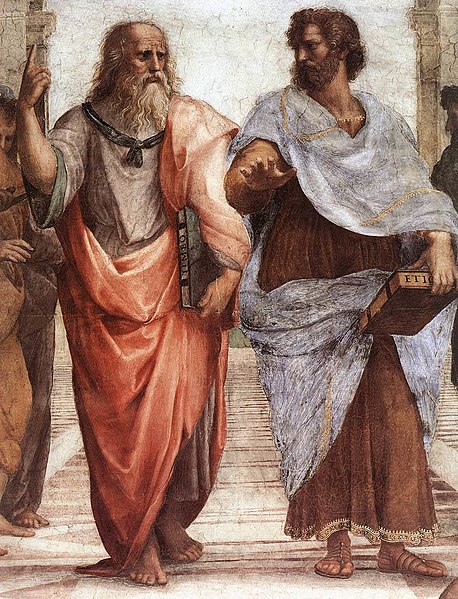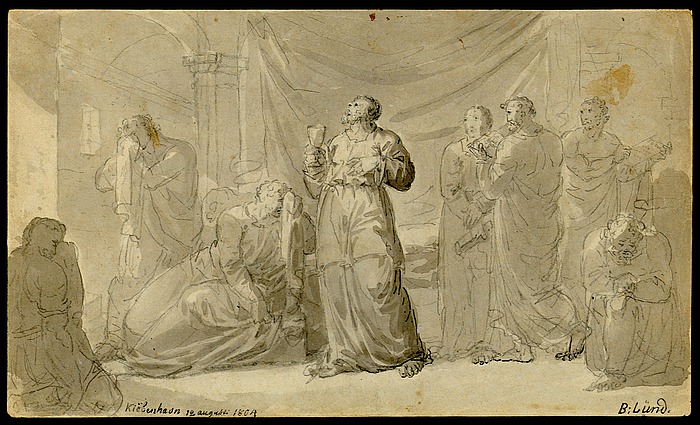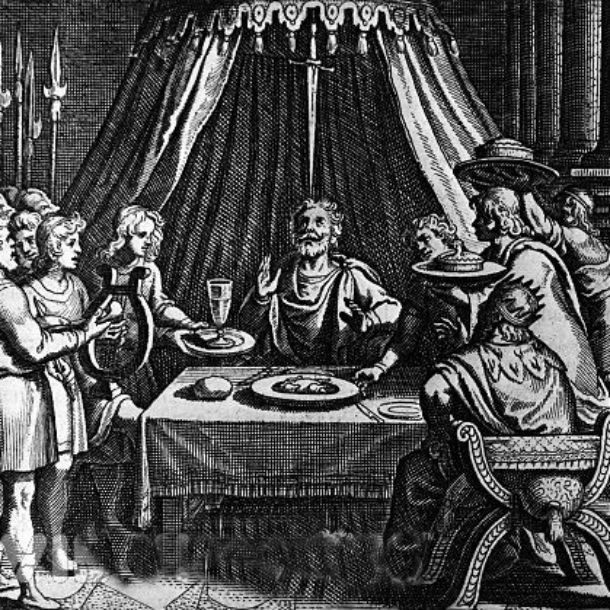Latest Posts
Islam the Civilizer A. D. 622-1406
IF Islam had never existed, the Christian countries of the world would probably be less advanced and certainly less varied,
The Ottomans, the Last Great Islamic Power A.D. 1299-1922
ACCORDING to their tradition, the Ottoman Turks once belonged to the same Central Asian tribe as the Seljuk Turks. Their
Seljuks and Mamelukes A.D. 950-1517
LIKE THEIR relatives the Mongols, the Turks began as wandering herdsmen in Central Asia. Their first contact with Islam was
Early Civilizations to Modern Age
Greek Against Greek 430 B. C. – 404 B. C.
About 425 B. C., a lonely man, in a country that was not his own, sat down to write the
The Greek Way of Life 700 B. C. – 343 B. C.
In the first years of Spartan peace, Greece was filled with wandering soldiers. Their little cities needed them no more.
The Conquerors 343 B. C. – 323 B. C.
In 343 B. C., the philosopher Aristotle left the quiet of his study and journeyed to Macedonia, a country in
Distant Past and New Challenges
Milestones of History
Arian Heresy and the Council of Nicaea (312-432 A. D.))
The Arian threat occured in the fourth century, which opened with the triumph of Christianity in the Roman Empire, closed
Mission to Ireland (432 A.D.)
In the spring of 432, Laoghaire, ruler of a petty kingdom in northern Ireland, gathered his court near Tara to
Visigoths and Gaiseric (432 – 451 A.D.)
The Visigoths, led by Gaiseric, settle in North Africa and challenge Rome. Ireland before St. Patrick According to the most



